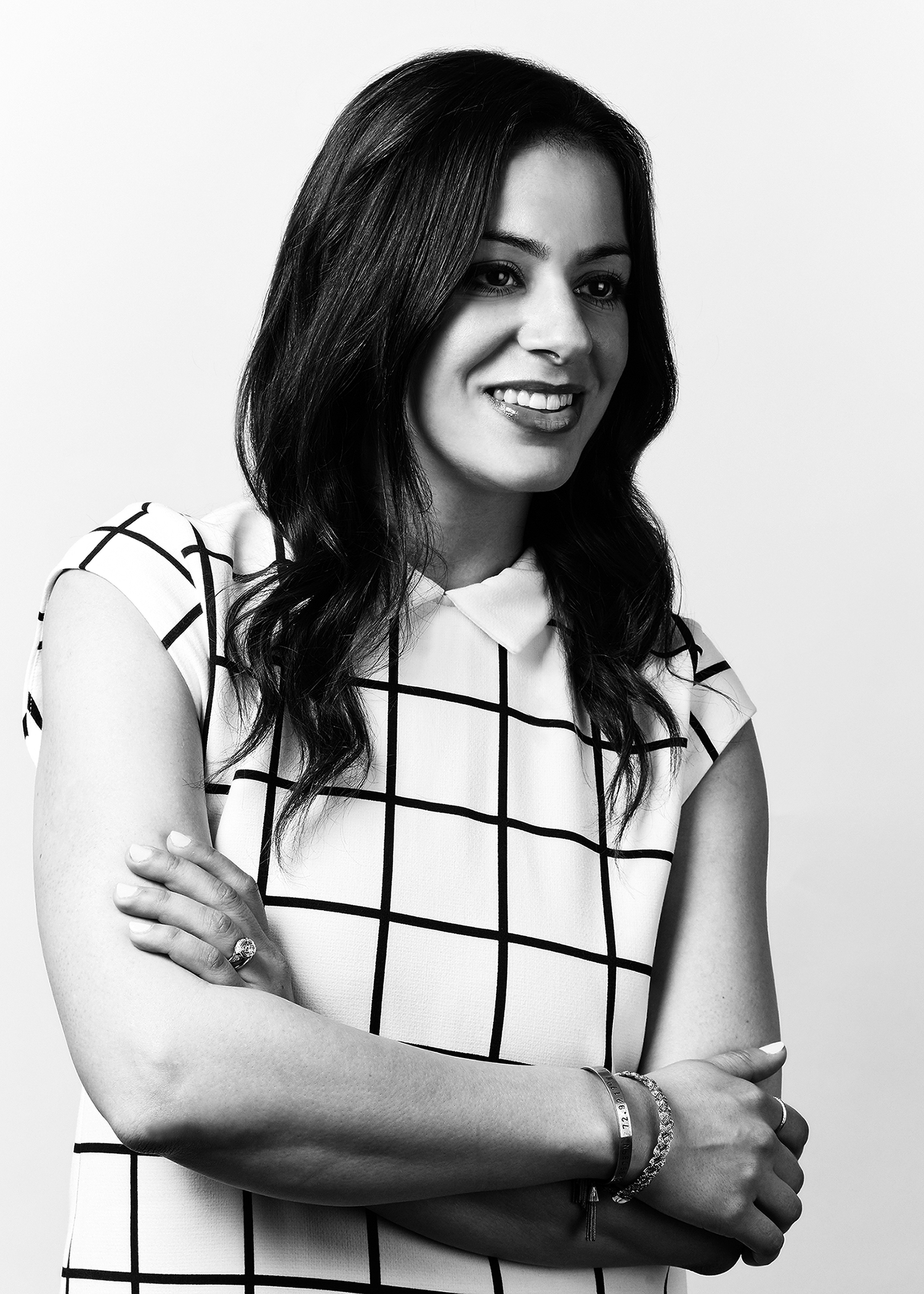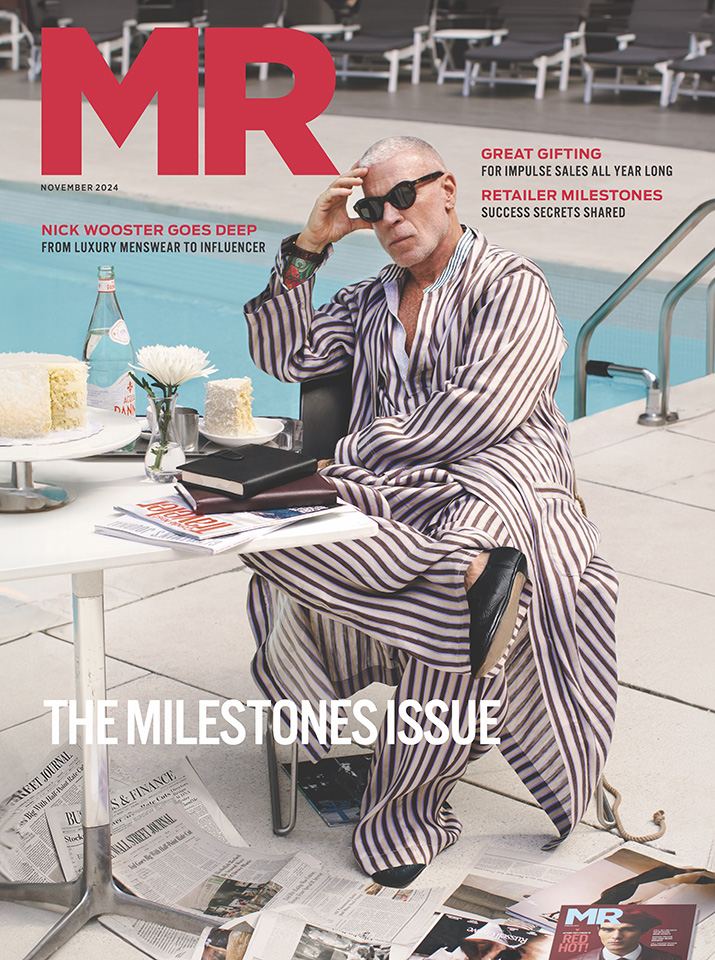MR Q: Aaron Levant

Agenda’s Aaron Levant talks about the youth culture market.
Aaron Levant launched the Agenda trade show in Long Beach, California when he was just 19. What started as a convergence of streetwear and action sports has evolved over time into a youth culture show. Levant is quick to admit that he had no idea what he was doing then: “I was this starry-eyed, 19-year-old kid, but I learned the business from scratch. Now, I have so much knowledge that if I thought about launching Agenda today, I’d probably talk myself out of it. I think the beauty was that I didn’t know anything and learned the fashion game from the ground up.” January 2013 marked Agenda’s 10th anniversary. It’s grown from bi-annual shows in Long Beach, to New York, and is now making its Las Vegas debut as a part of Modern Assembly this August.
What’s the state of the action sports/streetwear market?
It’s finally moving in an upward direction since the downward trajectory began in 2008. Over the last year, I’ve seen a lot of positive things happen: bigger brands are starting to stabilize and new brands are coming out and flourishing. There have been a lot of success stories recently, whereas two years ago it was nothing but doom and gloom. It’s exciting to see refreshment in the marketplace.
What’s causing this upward movement?
It’s myriad things. For a while business was so bad that no one was trying anything different. In 2008 there were hardly any new brands coming to the show; this season in Long Beach we have 120 new vendors. A lot of creative people who worked at some of the larger established brands either got laid off or left during the recession, and now they’re launching their own lines. Some of the talents that were trained by these powerhouses are out there doing their own things.
Who are the ones to watch?
Brands like Poler Outdoor Stuff, Brixton, Herschel Supply Company and Brothers Marshall.
What’s your advice to new brands?
They need to have a major point of differentiation. The brands that are coming out with a hyper-focus on a category or a product are doing well. Take Herschel for example: they focused on bags when no one else was. Or Stance Socks, who created a line of cool socks. The market is flooded, so if you don’t have a point of difference you’re going to fail.
Do you see an end to the popularity of limited-edition collaborations?
Limited-edition has always been popular. It’s like a piece of art—having something that’s numbered or limited is special. No one wants what everyone else has. Even at the mass level, when Target collaborates with a designer brand, it sells out because the demand is up and quantities are limited.
What are the challenges this market faces?
Like any other market, there are too many brands and not enough retailers. There’s a fight for floor space and everyone’s trying to get noticed. It’s like a game of musical chairs—there’s not enough room for everyone. A lot of brands are selling direct, which is good for their business, but bad for retailers. It’s an interesting game out there.
Which retailers are doing it right?
PacSun did a great job of changing its perception. Their team reinvented it from a heritage surf retailer to a cool, lifestyle, youth-culture retailer. They brought in relevant brands and the New York pop-up shop really speaks to that. Karmaloop is another retailer who’s doing great, and it’s because of their crazy brand selection.
What have you learned since starting Agenda?
It’s all about who you know. It’s taken me 10 years to build relationships, and that definitely helps in this industry.
What’s changed since your launch?
When we started we were dealing with a lot of indie niche brands, but over time the larger brands embraced us. Nike and Adidas signed on within two years. Those companies are leaders because they take chances.
What’s on the horizon for Agenda?
We want to continue to do our current shows and stay true to what made us successful in the first place. And we’re looking at international expansion into Europe and South America within the next two years.


